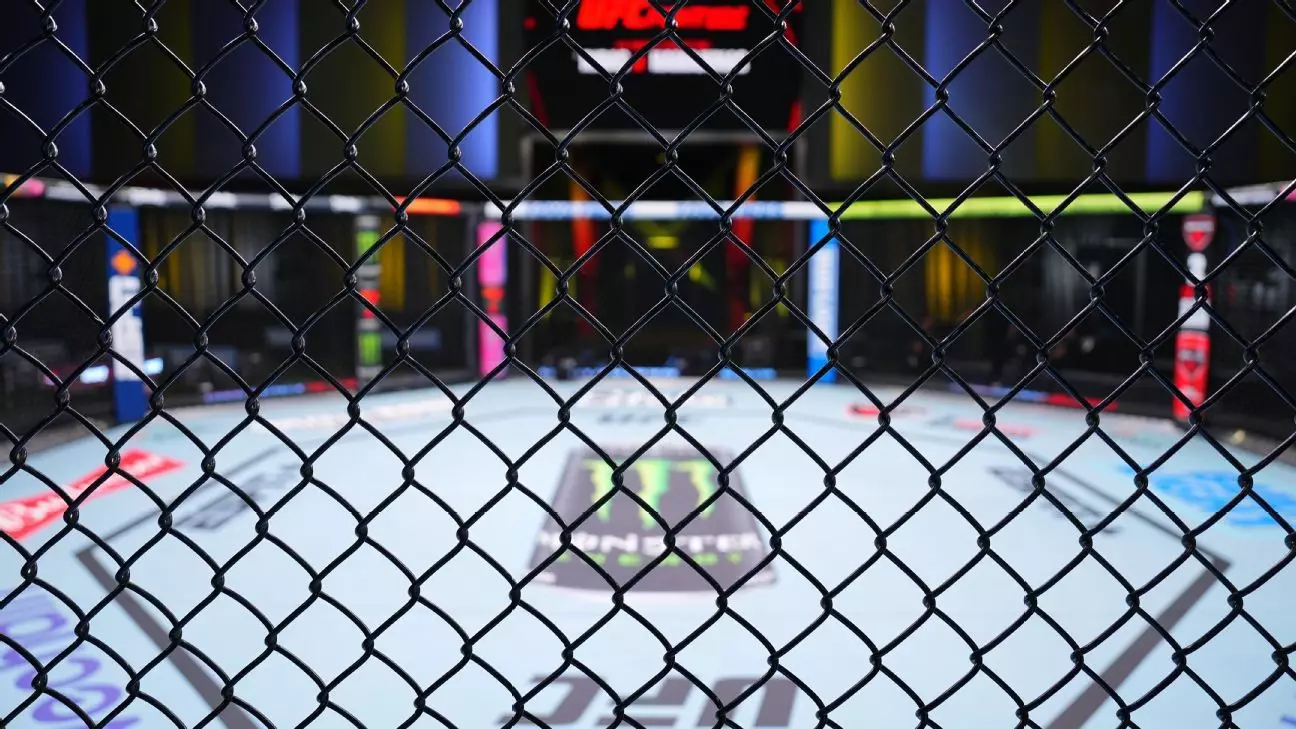In a noteworthy development for mixed martial arts (MMA) athletes, a Nevada judge has granted preliminary approval for a groundbreaking $375 million settlement to resolve the first of two antitrust lawsuits filed against the Ultimate Fighting Championship (UFC). This settlement, arising from the Le v. Zuffa case, marks a significant milestone in litigation that has persisted for over ten years. Judge Richard Franklin Boulware II’s approval of the terms represents a pivotal shift in the legal landscape surrounding fighter rights and contractual fairness in professional sports.
The anticipated final approval hearing, scheduled for the upcoming months, will decide the ultimate distribution of funds among hundreds of affected fighters. Crucially, the final financial outcomes will be determined post-legal fees deduction, impacting the net amount that fighters can expect to receive. The UFC, through a spokesperson reacting to the decision, expressed optimism about the resolution, stating that the approval represents a significant step toward closing the lengthy case.
Lead attorney for the plaintiffs, Eric Cramer, expressed satisfaction with the ruling, labeling it a „monumental achievement“ for countless athletes in the sport who have faced tremendous challenges. The fighters involved in this case stood as testaments to the struggles inherent in professional MMA, and Cramer’s acknowledgment to the representative plaintiffs emphasizes the need for accountability from the UFC. This sense of community and shared hardship amplifies the impact of the ruling, as it signifies hope for a fairer competitive landscape moving forward.
The original proposed settlement of $335 million was rejected by Judge Boulware as being insufficient. This previous amount merged two distinct lawsuits without properly addressing the complexities and individual experiences of the fighters. The new settlement focuses solely on the Le v. Zuffa case, which encompasses fighters’ experiences from 2010 to 2017, thereby providing a more tailored approach to compensating the fighters affected.
The urgency surrounding the approval of the settlement is heightened by testimonies from numerous fighters involved in the case. Over 150 UFC athletes submitted statements detailing their financial challenges and the impacts of physical ailments sustained through their careers. Notably, Shane Carwin, a former interim heavyweight champion, shared his struggles with day-to-day expenses and the long-term effects of Chronic Traumatic Encephalopathy (CTE). Carwin’s plea underscores the severe realities many fighters face, and positions the settlement as a potential turning point for their financial stability.
The testimonials provided by the fighters paint a picture of resilience and determination, yet they equally serve as a reminder of the challenges that accompany a career in a high-contact sport. As these athletes advocate for the recognition of their struggles, their voices amplify the necessity of these legal actions towards reforming fighter contracts and business practices within the UFC.
While the approval of the Le v. Zuffa settlement offers some immediate relief, the battle is far from over. The second antitrust lawsuit, Johnson v. Zuffa, remains active in the courts and aims to effectuate enduring changes to UFC contracts and operational methodologies. This subsequent case builds on the momentum established by the first settlement and seeks to ensure that the lessons learned from the lengthy litigation process lead to substantial changes in how fighters are treated by the organization.
The UFC has defended its practices by pointing to its investments in the sport and the emergence of rival promotions, arguing for a level playing field. However, the antitrust suits raise pertinent questions about market competition and the true state of opportunities within professional MMA. As the ongoing discussions around fighter welfare and fair compensation continue, the outcomes of these lawsuits could set crucial precedents for not just the UFC, but for the broader landscape of professional sports.
The preliminary approval of the $375 million settlement symbolizes a significant moment in the ongoing quest for equity in the MMA industry. As legal battles unfold and discussions about fighter rights gain traction, the hope for a more just and fair environment for athletes remains alive, emphasizing the critical need for transformation in sports business practices.


Napsat komentář